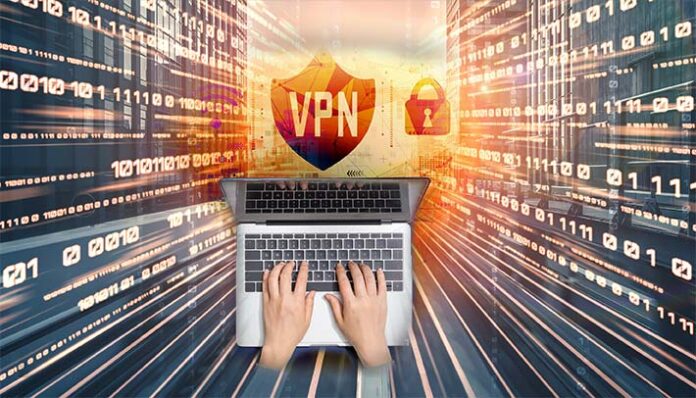Among the sea of information released by Edward Snowden in his infamous data leaks, it emerged that the National Security Agency (NSA) of the United States considered Pakistan the second most surveilled nation in the world.
This implies that Pakistanis are more susceptible to surveillance not just from their own government but also from right under the nose of the said government. This also means that Pakistan’s national level cybersecurity is not only compromised but may possess serious flaws.
So how does a common Pakistani counter this problem? An obvious solution comes to mind and that solution is changing and masking your IP address. A common tool employed by many for this purpose is called a Virtual Private Network (VPN). Now this could be reason enough, there is more than one way in which changing an IP address can benefit a user.
Yet for the most part, VPNs in Pakistan are used to bypass bans. Perhaps nothing is more blatant in this regard than the ban on Twitter. The government has blocked access to the social media platform in the country, but everyone gets across the block through a VPN. This is true even with government officials and politicians, who run their own accounts from behind a paywall.
That is why, perhaps, the PTA has hinted at banning VPNs all across Pakistan. While the statement was later retracted by the PTA chairman, Profit delves deeper into how such a step can be orchestrated? Is it even possible? How? and what impacts could it have on the day to day business in Pakistan? The content in this publication is expensive to produce. But unlike other journalistic outfits, business publications have to cover the very organizations that directly give them advertisements. Hence, this large source of revenue, which is the lifeblood of other media houses, is severely compromised on account of Profit’s no-compromise policy when it comes to our reporting. No wonder, Profit has lost multiple ad deals, worth tens of millions of rupees, due to stories that held big businesses to account. Hence, for our work to continue unfettered, it must be supported by discerning readers who know the value of quality business journalism, not just for the economy but for the society as a whole.To read the full article, subscribe and support independent business journalism in Pakistan

























